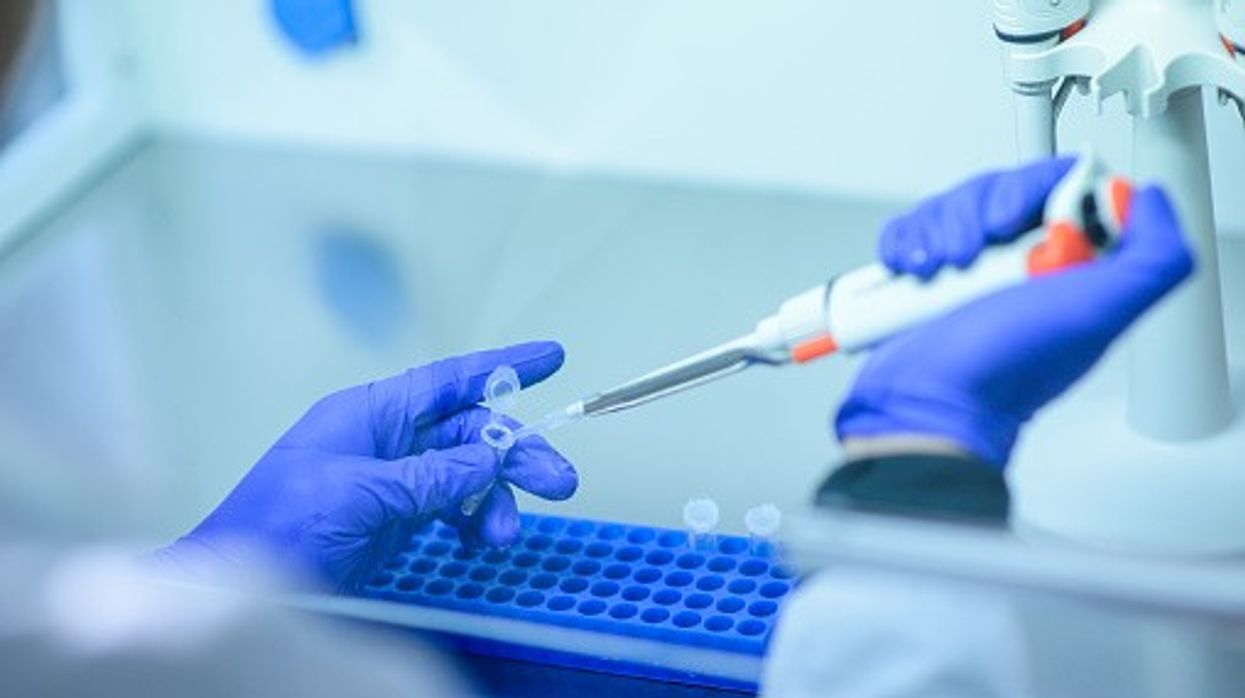This new investment programme will lead to the creation of 18 new clinical trials hubs across UK to accelerate research
The UK government has announced the launch of a new joint public-private investment programme aimed at accelerating patient access to cutting-edge treatments, enhancing clinical trials, and bolstering the country’s medicines manufacturing capabilities.
Supported by up to £400 million of investment, the Voluntary Scheme for Branded Medicine Pricing, Access and Growth (VPAG) Investment Programme is set to inject significant resources into the UK’s health and life sciences sector over the next five years.
Believed to be the world's first major public-private collaboration of this scale globally, the VPAG Investment Programme is designed to boost economic growth and the global competitiveness of the UK’s life sciences sector.
It aims to strengthen the NHS by supporting innovative research and creating 18 new clinical trial hubs to fast-track the development of new medicines for patients.
The programme will also streamline processes to ensure the rapid transition of new treatments from labs to wards, providing patients with faster access to cutting-edge treatments.
Health and Social Care Secretary Wes Streeting hailed this private investment as “a significant vote of confidence in the UK” highlighting that it will fast-track the next generation of treatments to NHS patients.
“It will enhance the UK’s global competitiveness and transform the country into the epicentre of health research, supporting an NHS fit for the future.
“By cutting waiting lists and fixing our NHS, we can make it an engine for growth and build the healthy society needed for a healthy economy,” he added.
The programme will allocate 75per cent of its funds to expanding the UK’s capacity and capability for commercial clinical trials, 20 per cent to sustainable manufacturing initiatives, and five percent to modernising Health Technology Assessment (HTA) processes.
This investment will lead to the creation of up to 18 new Commercial Research Delivery Centres (CRDCs) across the UK, boosting patient recruitment for clinical trials and enhancing the nation’s research infrastructure.
VPAG is a voluntary agreement between the Department of Health and Social Care (DHSC), NHS England and the Association of the British Pharmaceutical Industry (ABPI). It is designed to improve patient outcomes, manage the NHS medicines bill, and support the life sciences industry.
Additional investment from pharmaceutical companies will support the implementation of the investment programme.
ABPI Chief Executive Richard Torbett noted that the life sciences industry can contribute even more to the UK, but for this “we need to fix the NHS, improve patient access to medicines and invest more in our critical science and regulatory infrastructure.”
“This world-first investment programme puts industry money behind the government’s vision to make better health and science a driver of economic growth,” he added.
By improving the UK’s clinical trials, the programme is also expected to attract further global investment, supporting the government’s missions to kickstart economic growth.













